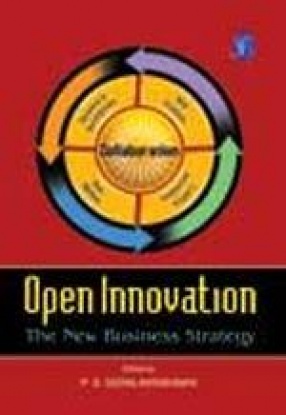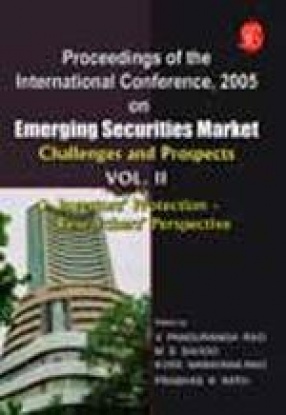Foreign Direct Investment (FDI) is defined as "investment made to acquire lasting interest in enterprises operating outside of the economy of the investor". Various authors have distinguished the flow of capital from developed countries to developing economies as ‘Inward FDI’ or simply FDI, and the reverse process, the capital flow from developing countries to the developed or other developing countries, as ‘Outward FDI’. Favorable economic and market conditions, comfortable valuation of foreign firms, liberalized policy initiatives from the Government and the Central bank, bulging forex kitty etc., have encouraged several Indian corporates to go global in the recent times. Changes are taking place in critical factors like the international regulatory frameworks and Intellectual Property Rights (IPR). There has been a significant shift away from an inward-looking, import-substituting approach towards a more outward-looking orientation in the mindset of CEOs of these corporations. This is not an isolated phenomenon in India. The earlier protectionist policy of many developing economies gave way to more liberalized and investment-friendly measures that facilitated companies in these countries to increase their revenues and to venture across the borders. Many of the developing countries around the world have begun shopping in developed and other developing countries to acquire new technologies, enter new markets, and to access scarce natural resources.
Outward Foreign Direct Investment: Issues and Perspectives
In stock
Free & Quick Delivery Worldwide
reviews
Bibliographic information
Title
Outward Foreign Direct Investment: Issues and Perspectives
Author
Edition
1st ed.
Publisher
ISBN
9788131414866
Length
268p.
Subjects








There are no reviews yet.